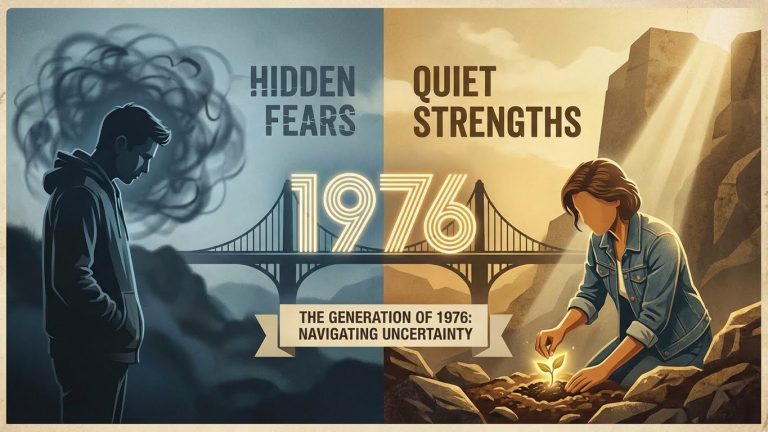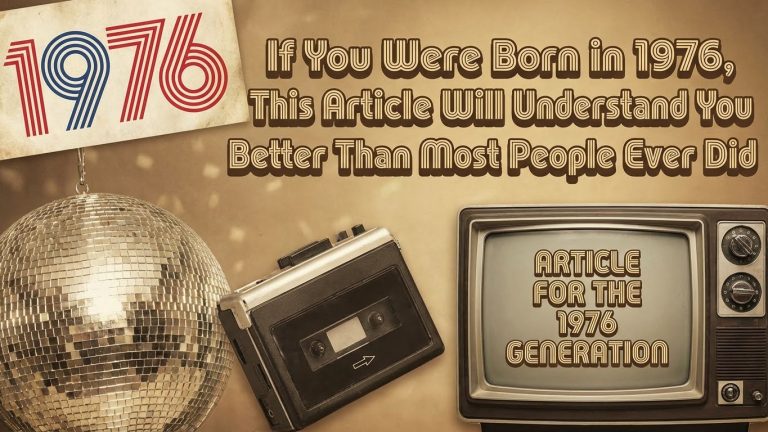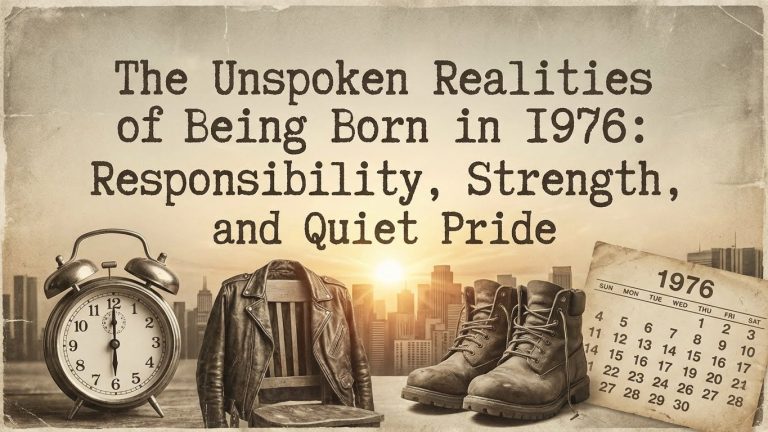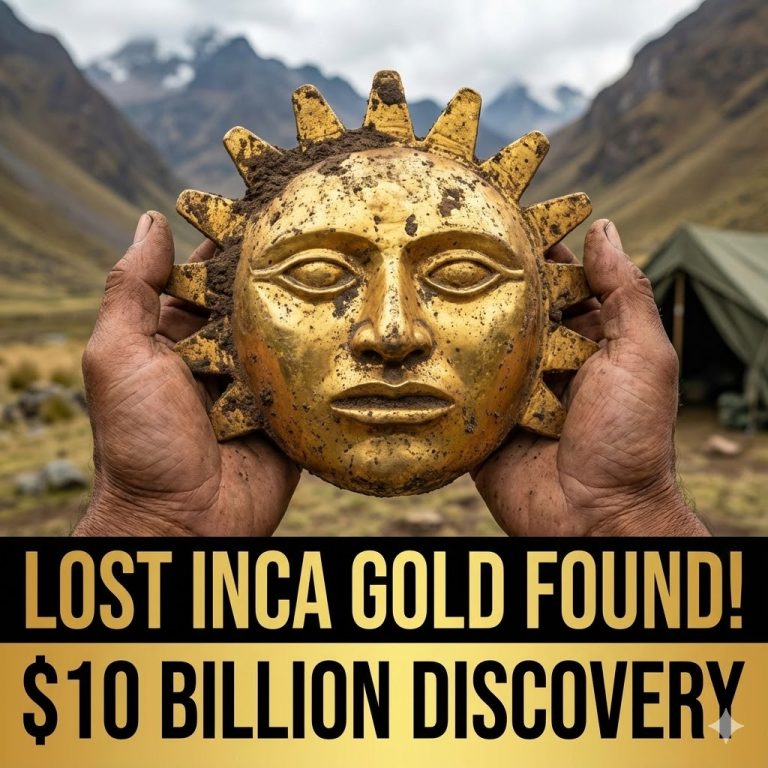For a long time, I didn’t realize I was in a toxic relationship.
There were no visible scars. No screaming matches. No dramatic betrayals.
From the outside, everything looked “fine.”
But on the inside, I was dying a slow emotional death.
Not all at once — but piece by piece.
Until one day, I looked in the mirror and didn’t recognize the person staring back at me.
This is the story of how I escaped a relationship that was slowly destroying me — and the hard truths I had to face to finally choose myself.
1. It Didn’t Start as Toxic
The relationship started like many others — intense, exciting, full of promise.
We laughed, stayed up all night talking, made future plans too early. I mistook the intensity for depth.
I thought the constant highs and lows meant passion.
I thought the jealousy meant they cared.
I thought the mood swings were just “stress.”
They said things like:
- “You’re the only one who gets me.”
- “You make me a better person.”
- “I’ve never felt this way before.”
But what I didn’t see back then was how quickly love could become control in disguise.
2. The Subtle Shift Toward Damage
The signs were quiet at first.
I stopped texting certain friends because they didn’t like them.
I stopped doing things I enjoyed — not because I was forced to, but because I didn’t want to “upset” them.
I started apologizing for things I didn’t do.
I began questioning my memory of conversations.
They’d say,
“You’re remembering it wrong.”
“You’re too sensitive.”
“You’re making a big deal out of nothing.”
So I began to shrink.
It wasn’t a sudden explosion. It was erosion.
Tiny compromises.
Constant self-censoring.
Slow self-abandonment.
3. The Invisible Wounds That Left Me Numb
I wasn’t crying every day. I wasn’t being hit.
So I told myself: It’s not that bad.
But I was chronically anxious.
Exhausted.
Disconnected from my own needs.
I had trouble sleeping. My body was constantly tense.
Every conversation felt like walking through a minefield.
I started doubting my ability to make even the smallest decisions.
And yet, I stayed.
Because leaving didn’t feel like freedom at the time.
It felt like failure.
Like I hadn’t tried hard enough to “fix” it.
4. Why I Stayed So Long
I wish I could say I left the first time I was disrespected.
But I didn’t.
Here’s why I stayed:
🧠 I normalized the dysfunction
I grew up around emotional chaos. To my nervous system, this felt familiar — even “comfortable.”
💔 I believed love meant sacrifice
I thought if I loved them more, they’d change.
If I was patient enough, they’d heal.
😔 I was afraid to be alone
They had become my entire world.
The thought of leaving meant facing emptiness — and I wasn’t ready for that.
🌀 I was trauma-bonded
The highs were euphoric. The lows were devastating.
This emotional rollercoaster kept me addicted — like a drug I knew was killing me, but couldn’t quit.
5. The Moment Everything Broke
There wasn’t one dramatic event.
It was a quiet breaking point.
One night, I caught myself apologizing again — for something I didn’t do.
And I heard myself say out loud:
“I don’t even know who I am anymore.”
That sentence hit me like a punch to the gut.
Because it was true.
I had lost my voice.
My spark.
My sense of self-worth.
I realized:
I was staying in something that was slowly unmaking me.
6. The First Step Out: Choosing Truth Over Fantasy
The hardest part wasn’t walking away.
The hardest part was facing the truth:
- They were not going to change.
- I couldn’t fix this by loving harder.
- My pain wasn’t just “overreacting” — it was a signal.
- Staying was hurting me more than leaving ever could.
I stopped waiting for closure.
Stopped rewriting the story.
And made a decision not from emotion — but from self-respect.
7. The Process of Leaving (And the Grief That Followed)
Leaving wasn’t clean.
It was messy. Emotional. Terrifying.
I cried.
I second-guessed myself.
I missed them — deeply — even though they hurt me.
I kept asking:
- “What if they really change this time?”
- “What if I was the problem?”
- “What if I never find love again?”
But I also started noticing something else…
Peace.
The silence wasn’t scary anymore.
The anxiety started to lift.
The guilt began to fade.
And I slowly started returning to myself.
8. Rebuilding Myself From the Ground Up
Healing wasn’t linear.
Some days I felt strong. Other days I missed them so much it hurt to breathe.
But I made a promise:
“I will never abandon myself again for someone else.”
I started therapy.
I journaled every day.
I reconnected with friends I had drifted from.
I began saying “no” without guilt.
I relearned how to trust my gut.
And slowly, brick by brick, I rebuilt myself.
9. What I Know Now (That I Didn’t Know Then)
- Love should never cost you your mental health.
- You are not too sensitive — you are aware.
- If someone makes you feel small, confused, or crazy… that’s not love.
- Missing someone doesn’t mean you made the wrong decision.
- Peace isn’t boring. It’s sacred.
10. Final Words: Leaving Is an Act of Self-Love
If you’re reading this and your heart feels heavy — I see you.
I know how hard it is to leave what once felt like everything.
But I promise you: it gets better.
You will feel joy again.
You will feel safe again.
And most importantly — you will come home to yourself.
Leaving someone you love isn’t weakness.
It’s courage.
It’s strength.
It’s the ultimate act of choosing yourself — and that’s the beginning of true healing.
Because love is never supposed to destroy you. It’s supposed to grow you.
And the moment you realize that…
Is the moment you begin to rise again.











